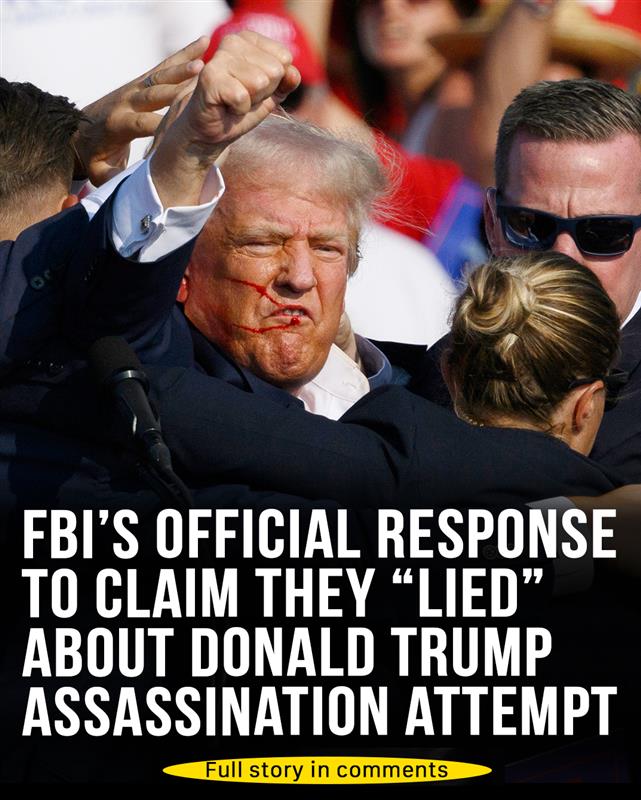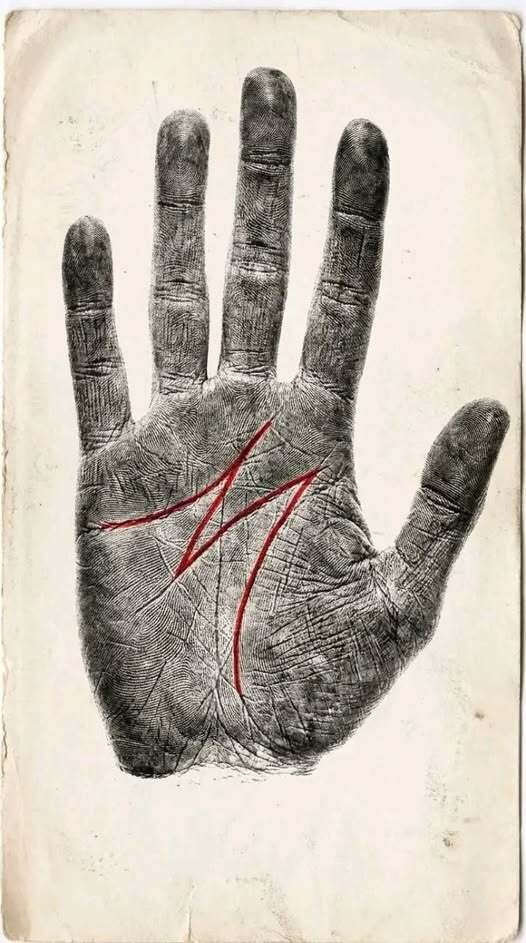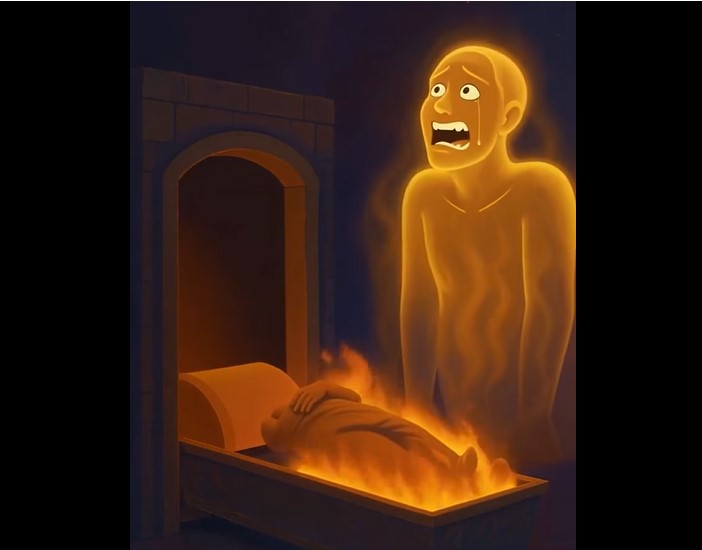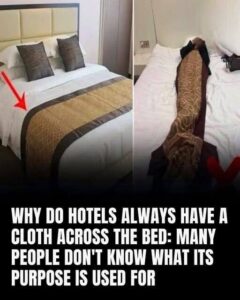The FBI was accused of lying 😲
The shots that nearly killed Donald Trump in Butler, Pennsylvania didn’t end the danger—they ignited a battle over truth itself. Tucker Carlson claims the FBI lied about the shooter’s digital footprint. The FBI insists there’s “no cover-up here.” Between deleted posts, sealed evidence, a dead gunman, and a divided nation, someone isn’t telling the whole story.
A year after 20-year-old Thomas Matthew Crooks opened fire at Trump’s rally, wounding the former president and killing one attendee, the bullets have stopped but the suspicion hasn’t. Carlson insists the FBI deliberately misled Americans about Crooks’ online activity, claiming to have uncovered violent posts and a disturbing digital trail that contradicts the bureau’s initial portrayal of a quiet, isolated “lone wolf.” To Carlson and his supporters, that discrepancy feels intentional—a system protecting itself at any cost.
The FBI has pushed back firmly. Officials point to an exhaustive investigation: hundreds of agents deployed, thousands of tips processed, multiple devices seized, and numerous social media accounts examined. Their conclusion remains unchanged: Crooks acted alone and shared his plans with no one. Bureau officials also warn that the kind of comprehensive online monitoring Carlson seems to demand would require mass surveillance that would obliterate the civil liberties they’re sworn to protect.
But the competing narratives reveal something deeper than factual disputes. They expose a fractured country that no longer trusts its institutions to tell the truth, especially when violence intersects with politics. Questions linger: Why were certain posts allegedly deleted? What exactly was found on Crooks’ devices? Why does the official account feel incomplete to so many Americans?
Between the FBI’s data-driven assertions and Carlson’s accusations of deception lies a chasm of mistrust that a near-assassination couldn’t bridge. The real danger may not be what either side is hiding—it’s that millions of Americans no longer know who to believe, or why they should.






Post Comment